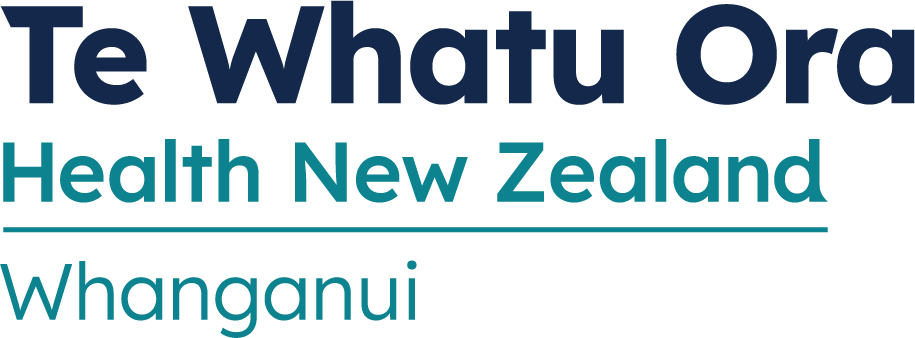
5 September 2021
The dangers of drinking alcohol while pregnant are being highlighted by health services this month.
The effects of alcohol on the unborn – Fetal Alcohol Spectrum Disorder (FASD) -- can be devastating, causing health problems that can last a lifetime and for which there is no cure.
Fetal Alcohol Spectrum Disorder Awareness Day is held internationally on 9 September to remind people about the damage drinking while pregnant can cause.
Whanganui District Health Board health promotion officer Chester Penaflor wants pregnant women, their whānau and support networks to be aware of the potential life-long problems for tamariki.
“There is no cure for fetal alcohol spectrum disorder,” he says.
“Problems can include behavioural and intellectual disabilities, and heart defects -- but it’s also preventable by being alcohol-free.
“There is no safe time, type or amount of alcohol to drink when pregnant. Because alcohol in the bloodstream passes easily through the placenta, the baby is exposed to the same blood alcohol level as the mother.”
He says the month of September is a reminder that we all have an important role to play in helping our pregnant women to be alcohol-free, and in looking after the health of the baby.
“During September we take the opportunity to kōrero and educate family and friends about the importance of abstaining from alcohol during pregnancy.”
Chester also recommends women who are trying to get pregnant should avoid alcohol – “If you’re not trying to get pregnant, use an effective contraception”.
Some ways to be alcohol-free during pregnancy include asking partners, whānau and friends to support you through pregnancy by discouraging alcohol at home and at events and having non-alcoholic drinks at social gatherings.
It is estimated that one in five of New Zealand women drink alcohol at some time during their pregnancy, with this rate higher for women aged 15 to 24 years old.
“By raising awareness about what causes FASD and the tragic consequences it can have on people’s lives, we hope to encourage mothers not to drink while pregnant or when trying to get pregnant,” he says.
“This means more babies are born healthy, with the best chance at reaching their full potential in life.”
For help with drinking, women should talk to their midwife, doctor or nurse or call the Alcohol Drug Helpline on 0800 787 797.



